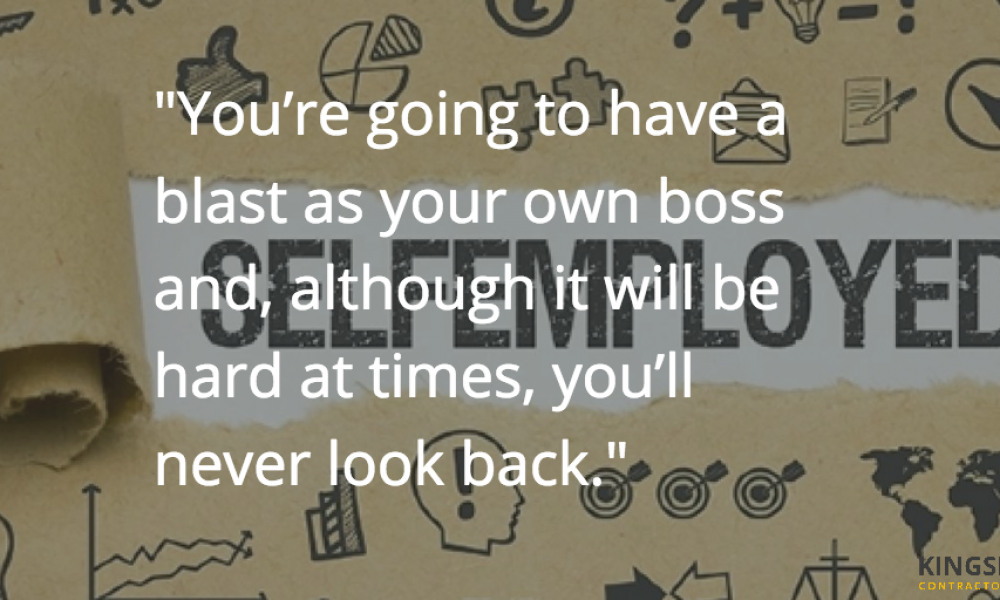It’s happened. You’ve finally had enough of the day-to-day grind in your job, you’ve gone as far as you can, and now you’re ready to leave.
But you’re not planning on moving to another job. You’re planning on making the switch to self-employment.
Congratulations on taking such an exciting, life-changing and terrifying step. You’re going to have a blast as your own boss and, although it will be hard at times, you’ll never look back. But how do you get started?
Well, before you hand your notice in, there will be things you’ll want to do such as decide on your branding, build your website, set up your home office and start building a network. But there are other, slightly less glamourous things you’ll need to do before you even do any of that. Don’t worry though, we’re here to give you the lowdown.
Sole trader or limited company?
One of the first decisions you’ll need to make is whether to operate as a sole trader or a limited company. This really is a personal decision and there are advantages and disadvantages to both so you need to really think what’s best for you when considering your situation, your projected earnings and so on.
Setting up as a sole trader is incredibly simple and requires very little paperwork or additional responsibilities. However, you’re personally liable for any debt the business gets into and so could potentially risk your assets. It can also affect your ability to raise capital and your tax rates.
Being a limited company, on the other hand, means you only risk what you put into the company and will generally benefit from kinder tax rates and a protected company name. However, you also have additional time-consuming responsibilities which can also have a financial impact.
Register with HMRC
It’s vital that you register with HMRC at the earliest possible opportunity. You can do this either as a limited company or as a sole trader. This will ensure you’re set up ready to pay your taxes, NI contributions and so on and won’t run the risk of fines from HMRC.
Make sure you understand IR35
As a contractor or freelancer, you’ll need to understand IR35. This is basically the government’s definition of self-employment and is there to catch people who are, in fact, ‘disguised employees’. This is when you are self-employed in name only and actually work for the same company on a long-term basis.
We have a full checklist on our blog explaining IR35 in full, so before you do any work or take on any clients you need to ensure you understand it and are confident that you can be considered as outside it.
Get insured
As a contractor or freelancer, you should have contractor insurance before you begin work. Clients and agencies often require it as part of your agreement with them and it can be very risky financially to operate without it. To arrange your contractor insurance, speak to the expert team at Kingsbridge on 01242 808740 or get a quote online.
